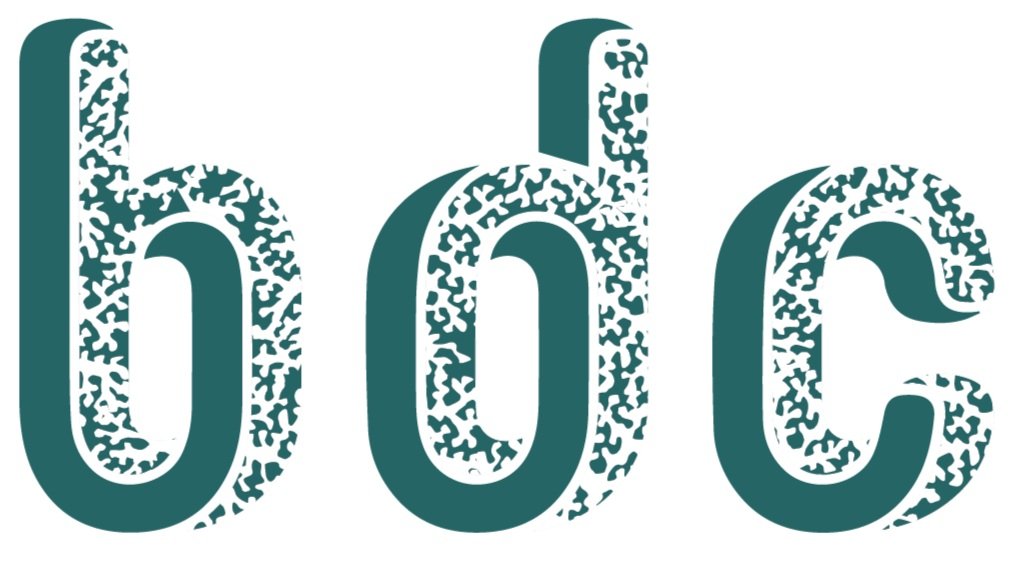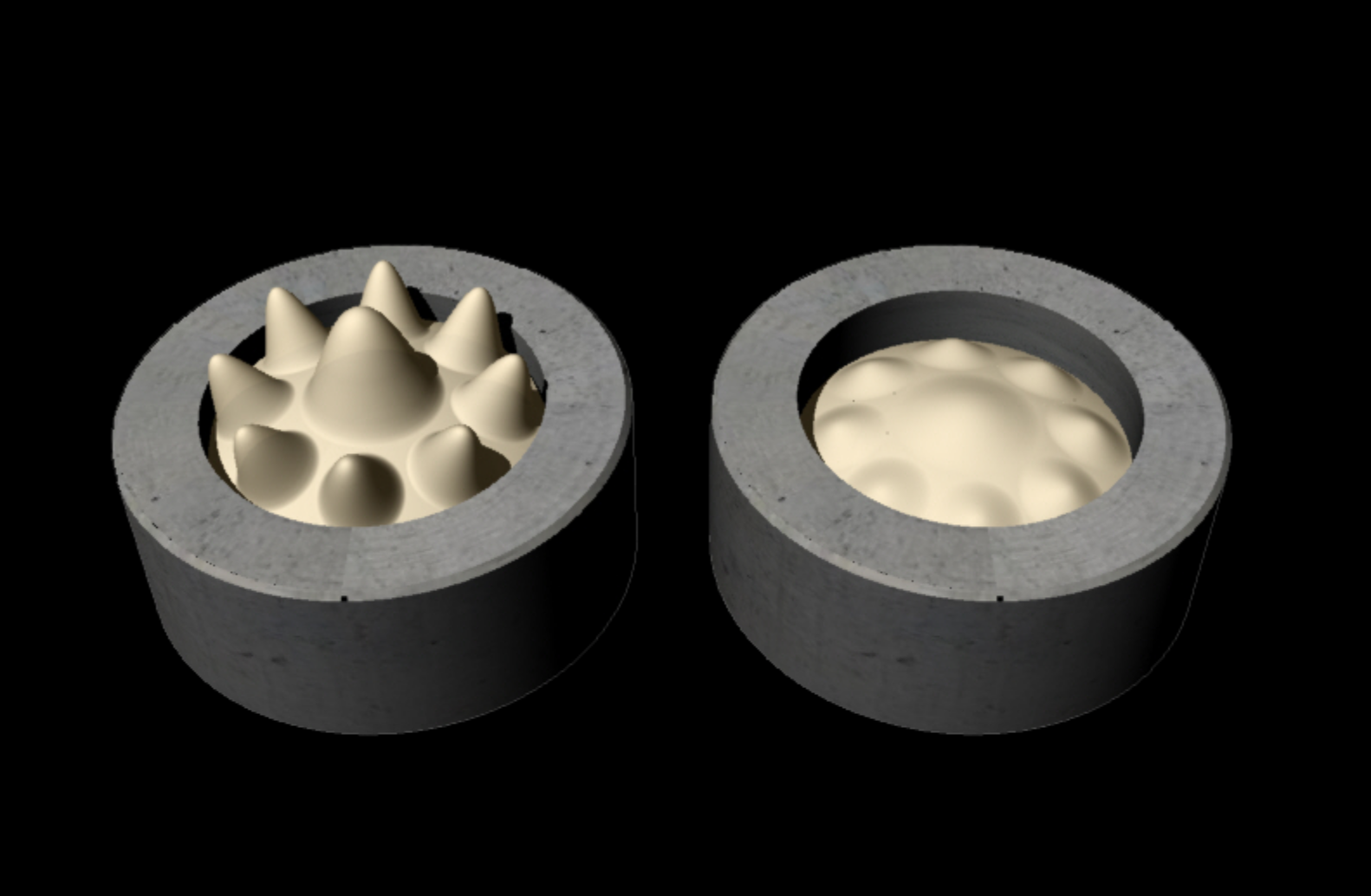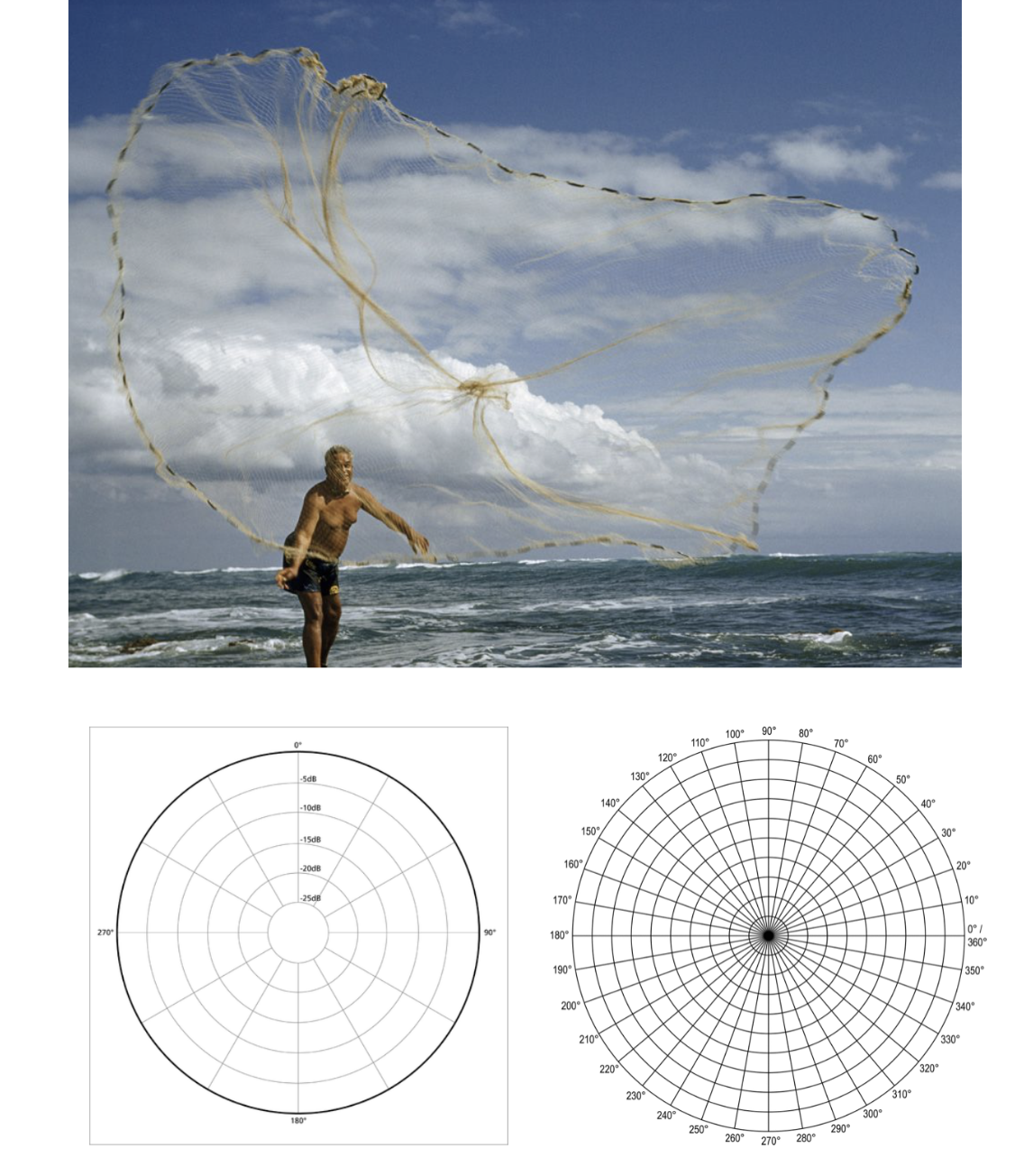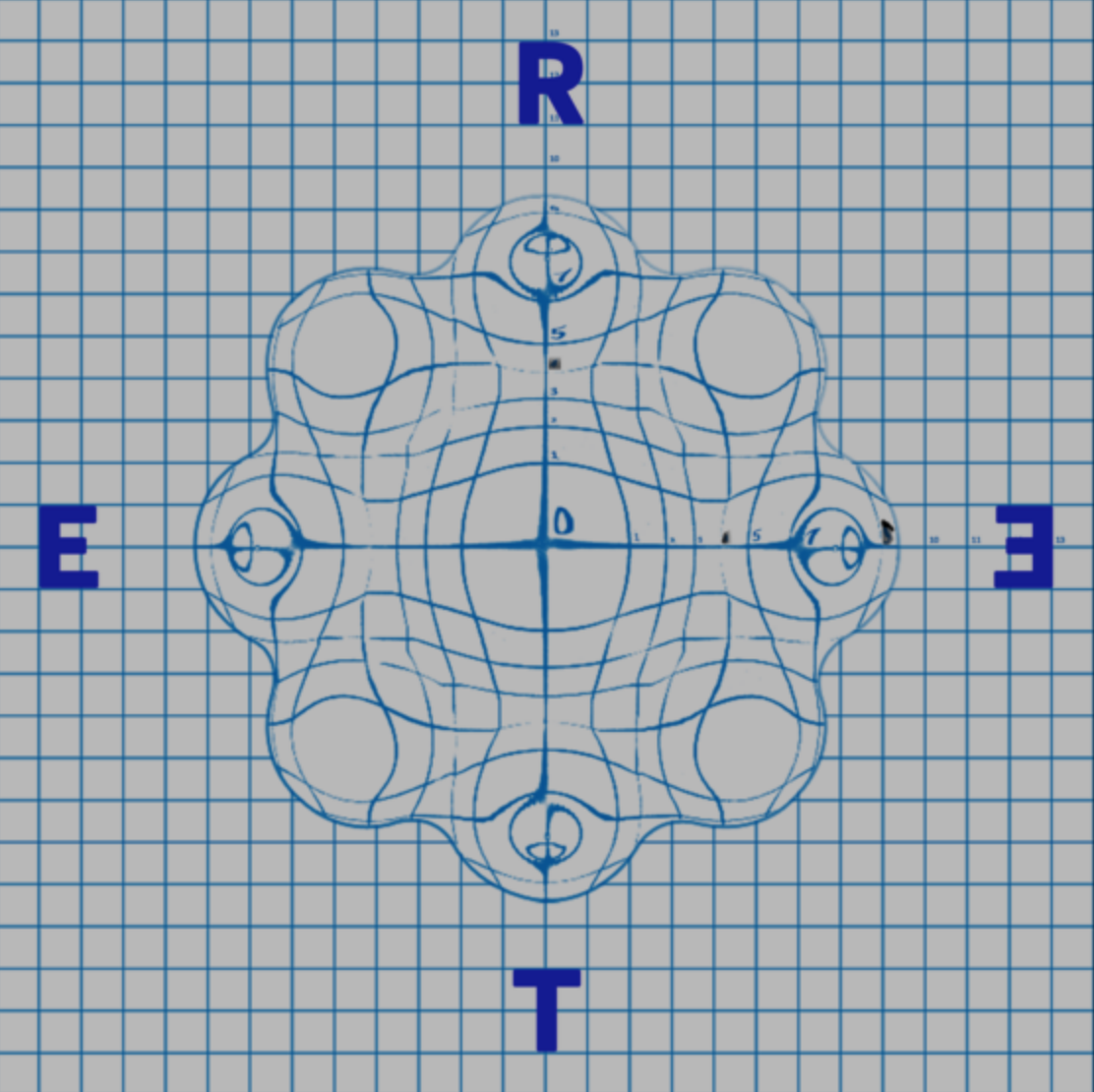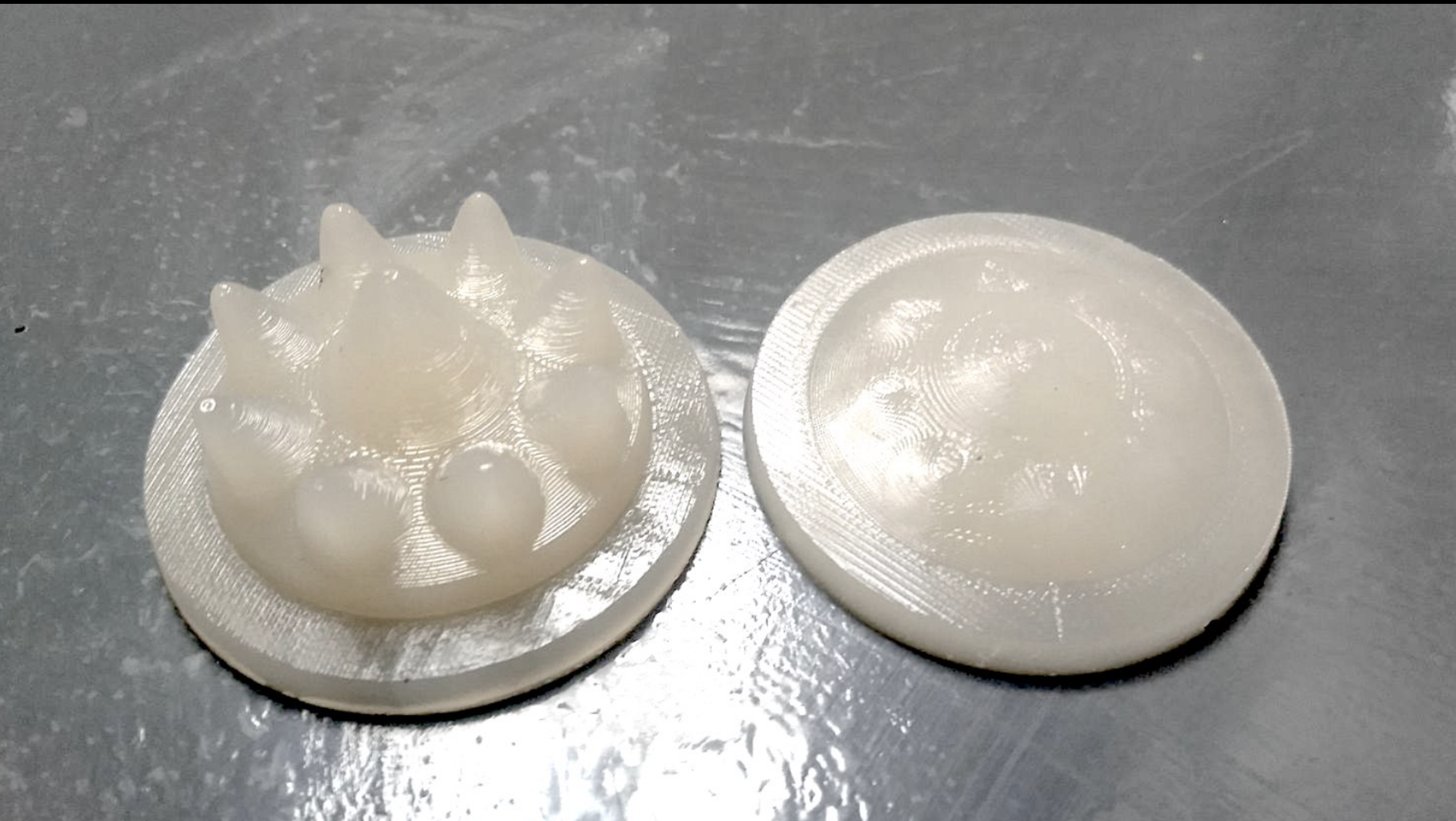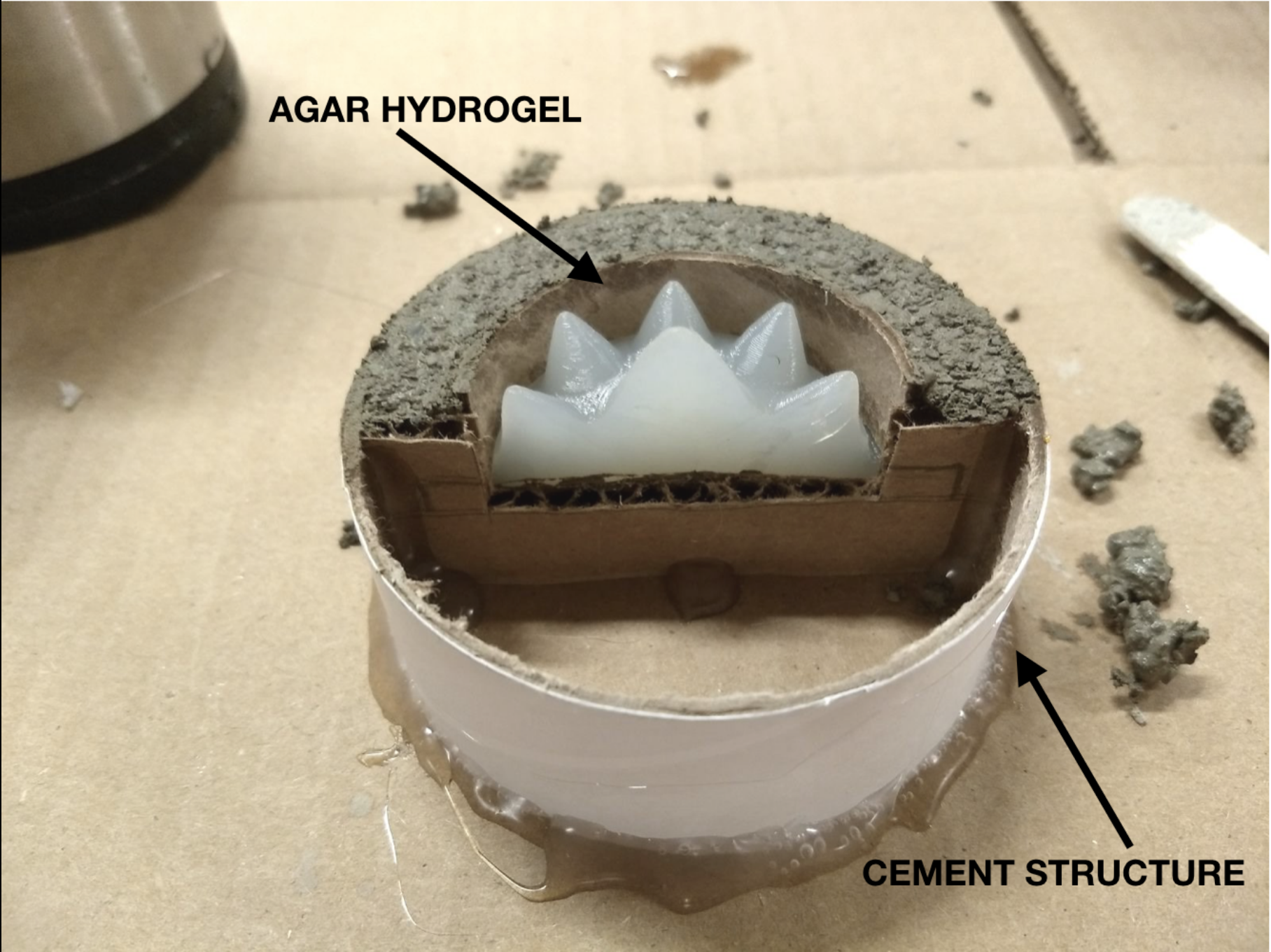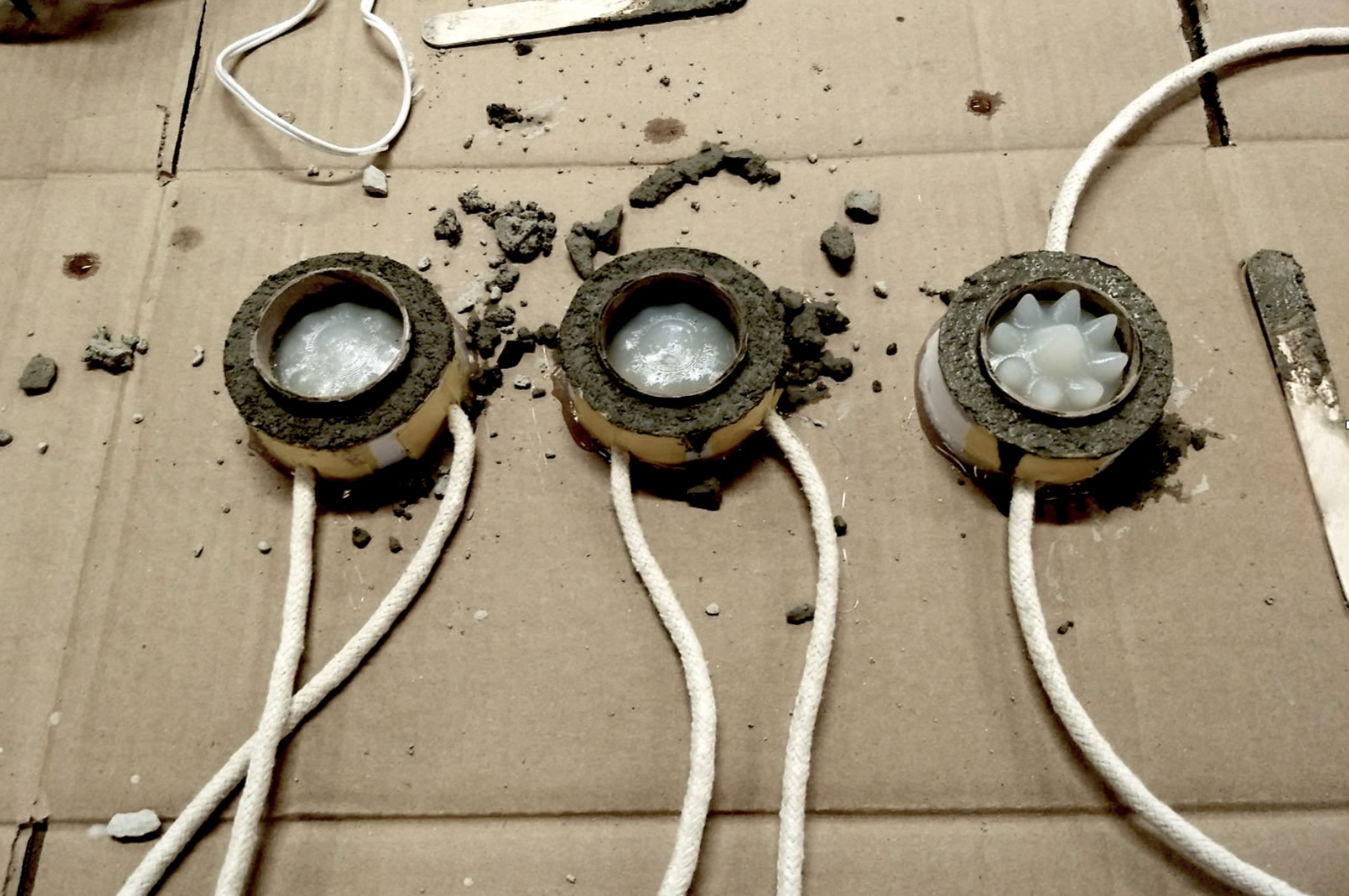New York University
Projects | 2018
Fabiont
Pooja Patel, Youbin Lee, Pratik Jain
Fabiont aims to create a probiotic fabric to enhance the skin microbiome and reestablish the beneficial microbes it contains. The fabric incorporates probiotics in silk fibroins extracted from raw silk. The garment acts as an additional “skin” layer that augments the naturally given skin microbiome, a paradigm shift in both the fashion and skincare industries.
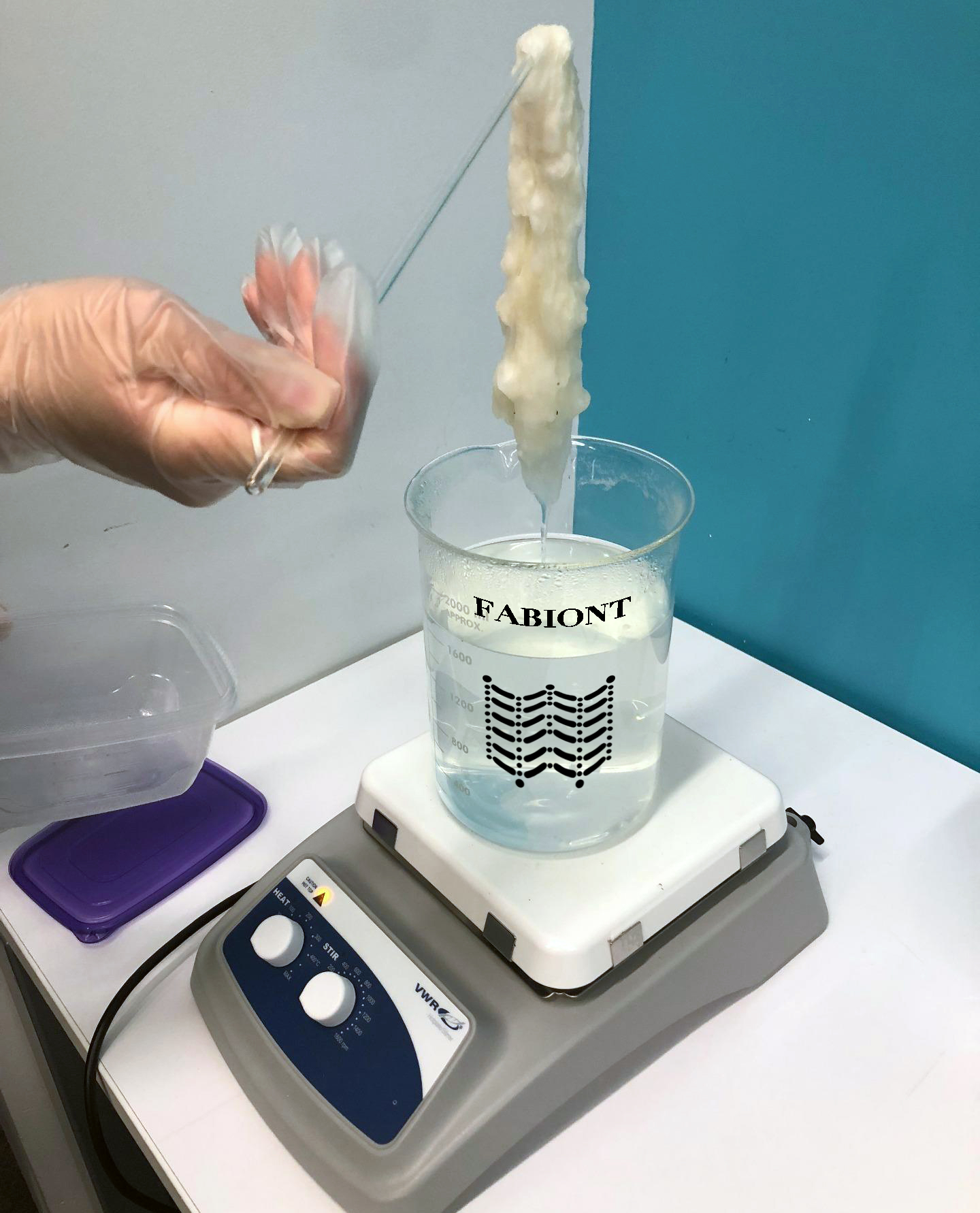
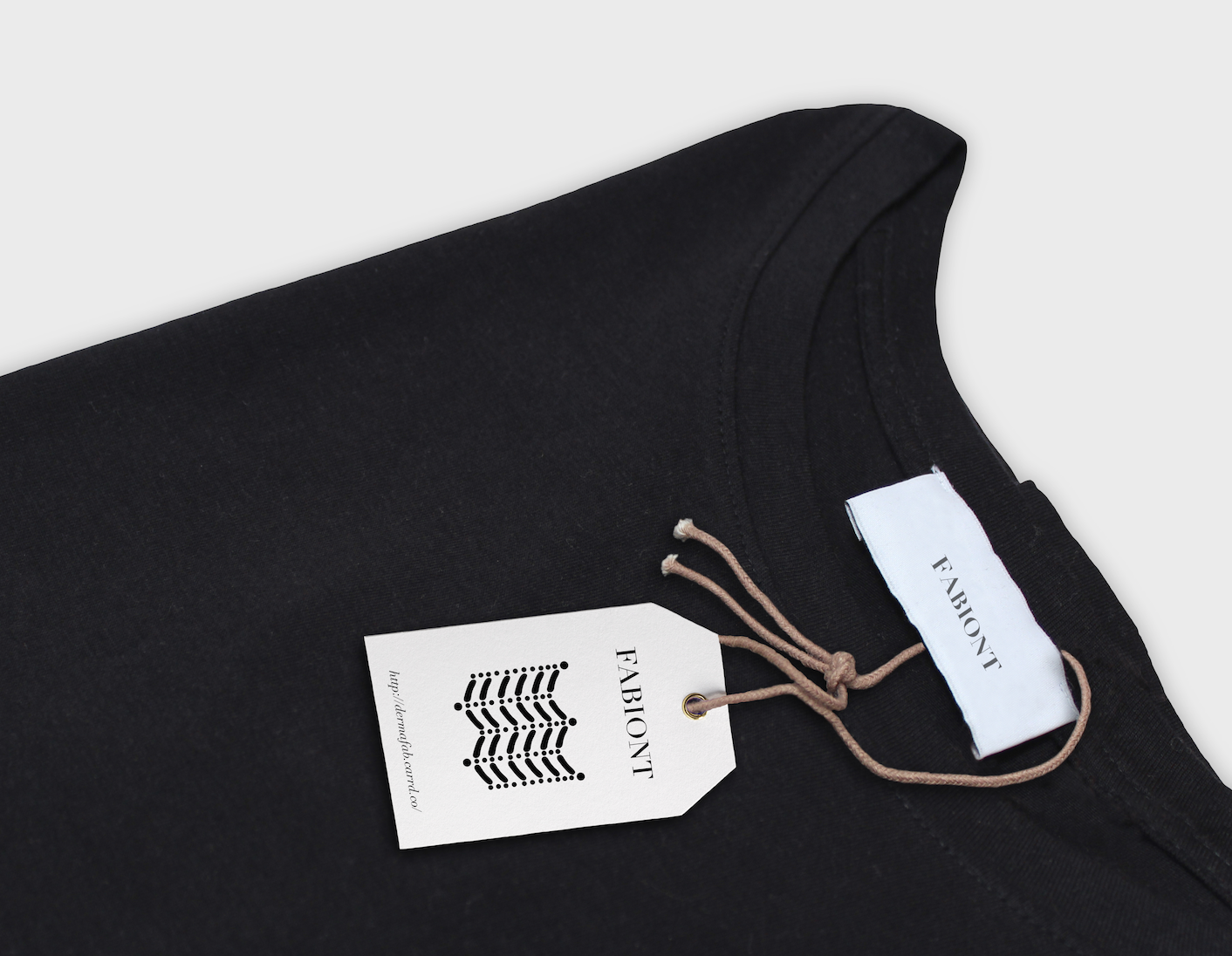

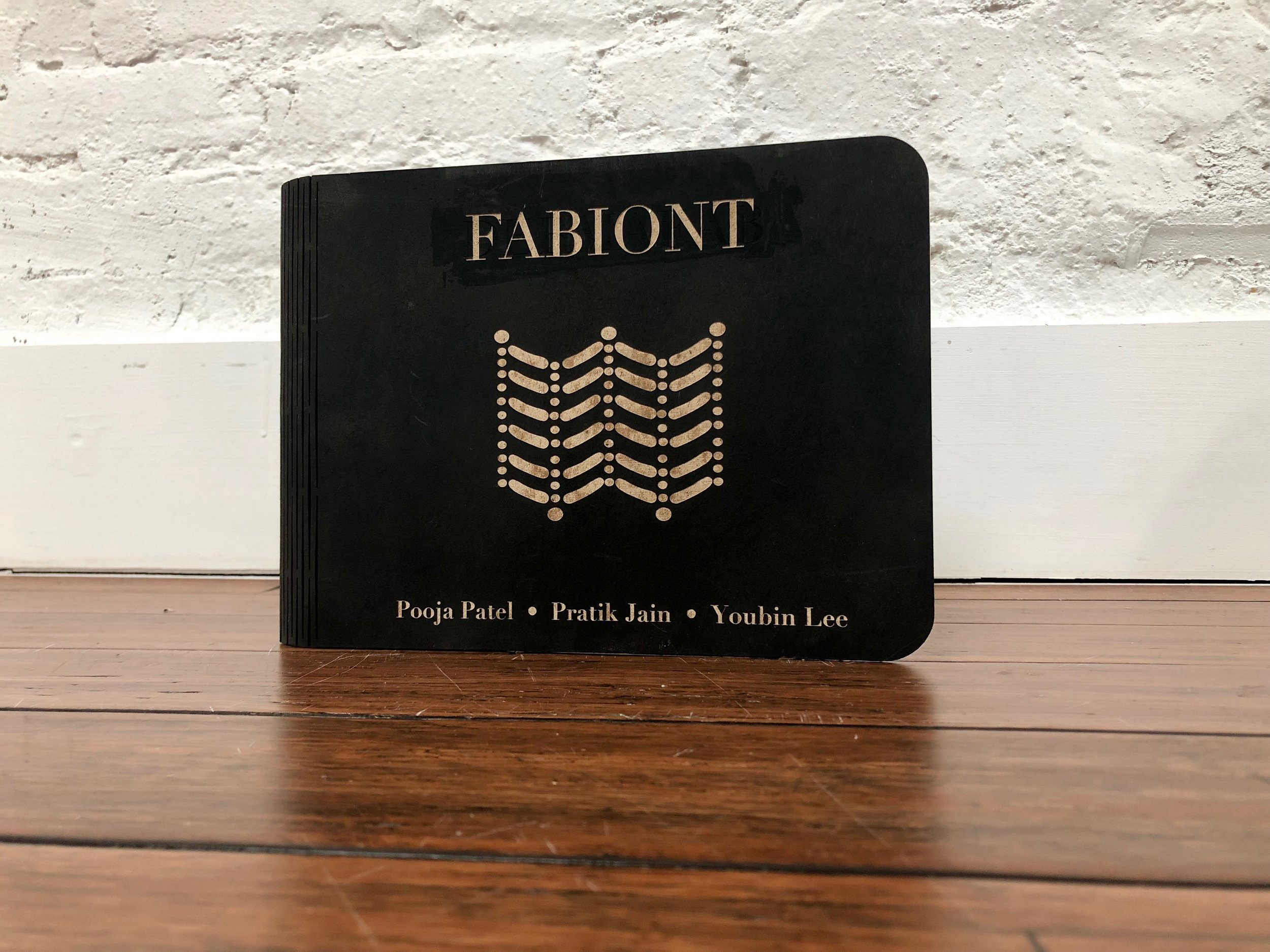
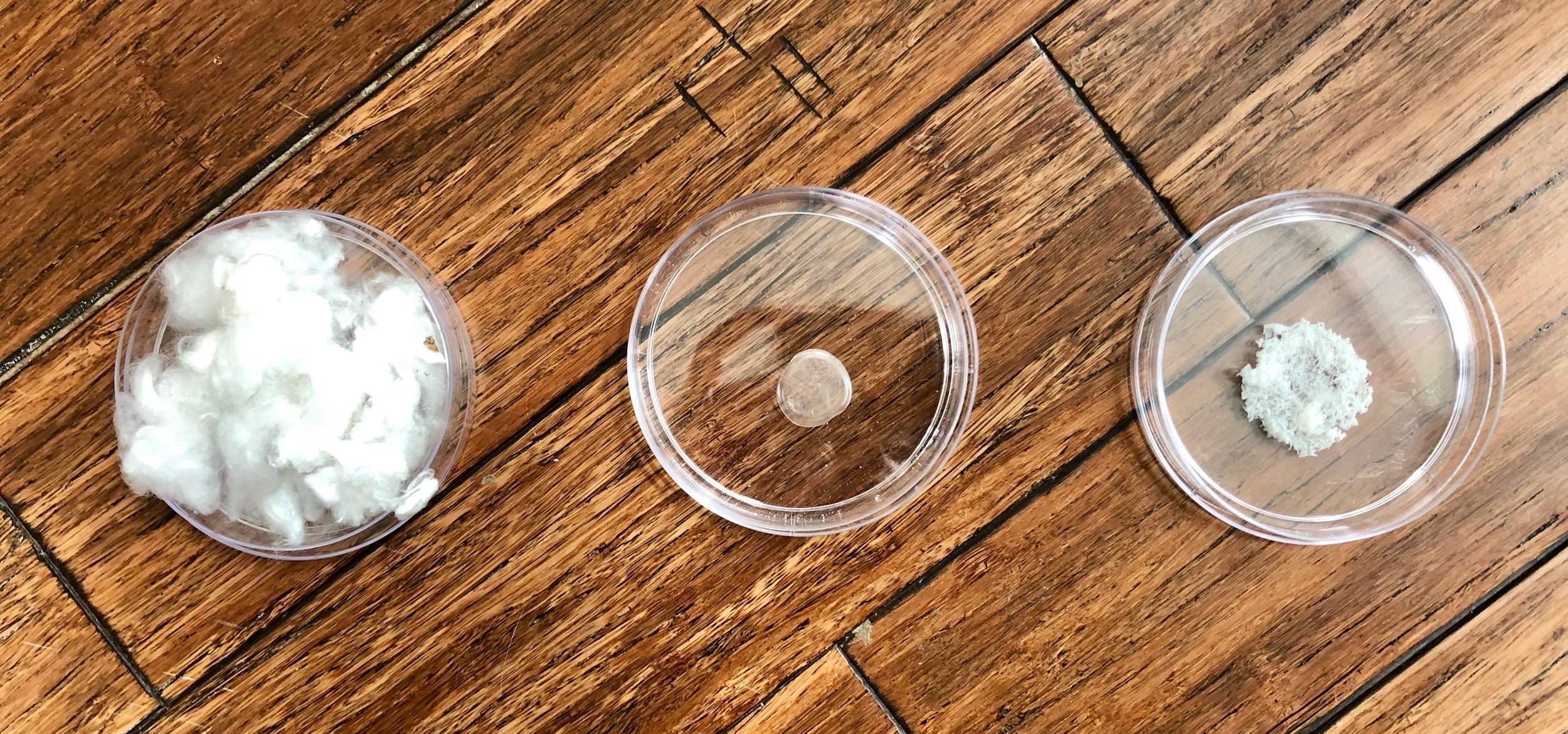
Bioremediation Game
Angel Chen, Nara Daivaa, Joanna Yen
The idea behind this project is to encourage people to think more deeply about the relationship between human activities, climate change, and ultimately their role in maintaining/remediating microbiomes.
Rete
Daniella Garcia-Rosales, Arnav Wagh
Although coral reefs cover less than 0.1% of Earth’s surface, they support more than 30% of total marine biodiversity. Today these natural wonders are in global decline, threatened by the intersecting effects of multiple stressors. Measuring and understanding the relationships between corals and their complex communities of rich and under-explored microbiota may be the best solution to preserve and restore this important coastal ecosystem. We envision an underwater symbiotic measuring device based on soft robotic hydrogel biosensors that will inform the health of ocean waters by recording its ion flux during a determined period of time. Imagine taking thirty water samples every day for a month, but stored in just one hydrogel that sits biomimetically amongst the coral holobiont.
Memo
Pedro Oliveira
MEMO explores the possible symbiotic relationship between Electronics and Microorganisms. It is a result of early explorations in letting biological organisms alter the genetic code of digital images. The final output of this collaboration falls into a category that can be called BioGlitchArt.
Dietary guardian collective
Jason Charles, Chenghao Shen, Junwoo Moon
Recent research suggests that human health is closely linked to the gut microbiome. Not only do disruptions in the gut microbiome correlate with grave states such as obesity or Crohn's disease, but variations in gut microbiome have been shown to influence more subtle characteristics such as mood. Our daily diet choices can influence the state of our gut microbiome. Fermented foods - such as yogurt and kimchi - and probiotic supplements contain live bacteria that can persist in the gut. Additionally, some foods will influence the gut microbiome by selecting for some species already present: these are prebiotic foods. We've designed an interface that aims to reveal information on how prebiotic and probiotic foods might influence your well-being, and suggests combinations of foods that fulfill those goals.
Instructors
Dr. Elizabeth Hénaff
Dr. Elizabeth Hénaff is a computational biologist and designer. At the center of her research is a fascination with the way living beings interact with their environment. Her academic trajectory started with a Bachelors in Computer Science, followed by a Master’s in Plant Biology (both from UT Austin) and a PhD in Bioinformatics from the University of Barcelona, followed by postdoctoral work at Weill Cornell Medicine and the MIT Media Lab. More information can be found at elizabeth-henaff.net
Chris Woebken
Chris Woebken (DE) is a designer, researcher, and educator living and working in Brooklyn. Chris teaches at the School of Visual Arts and he co-founded the Extrapolation Factory, a studio developing experimental methods for collaboratively prototyping, experiencing, and impacting future scenarios. Chris's work has been exhibited at MoMA in New York, the Walker Art Center in Minneapolis, and the Design Museum in London. Chris holds an MA in Design Interactions from the Royal College of Art in London. More information can be found at chriswoebken.com
